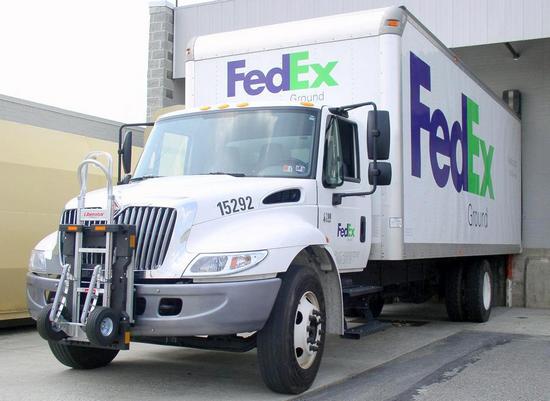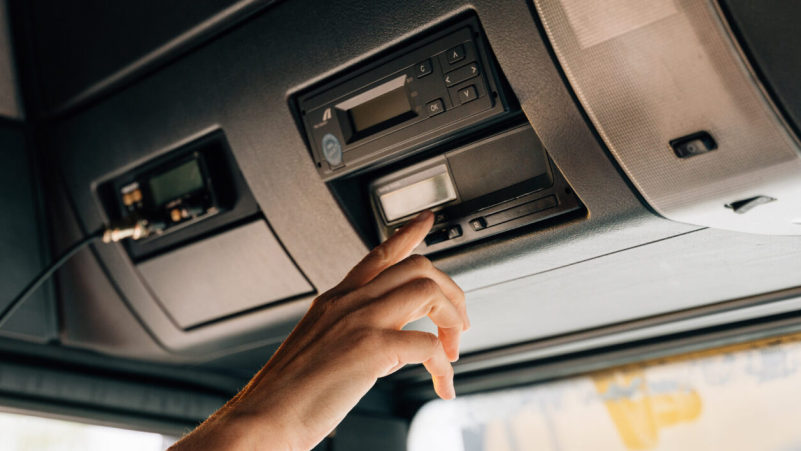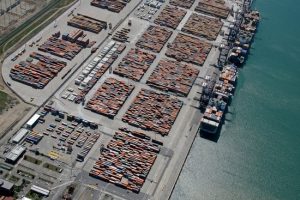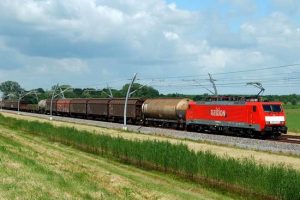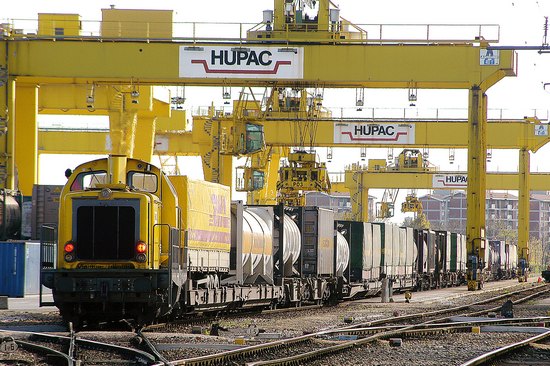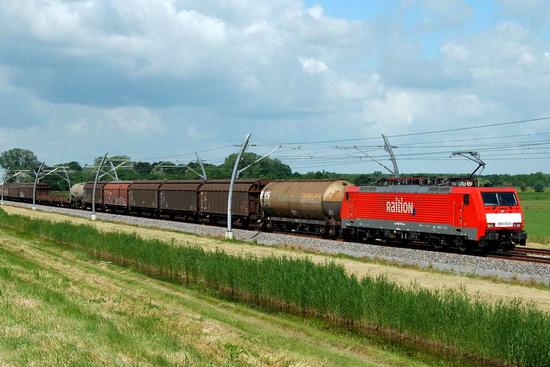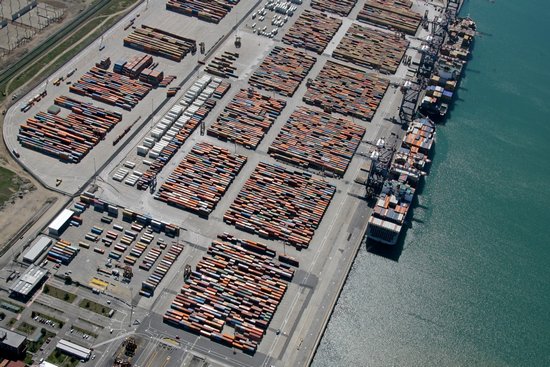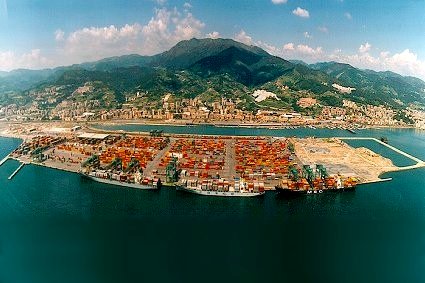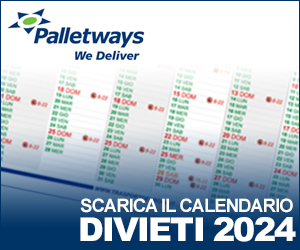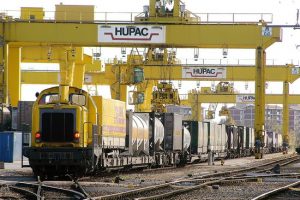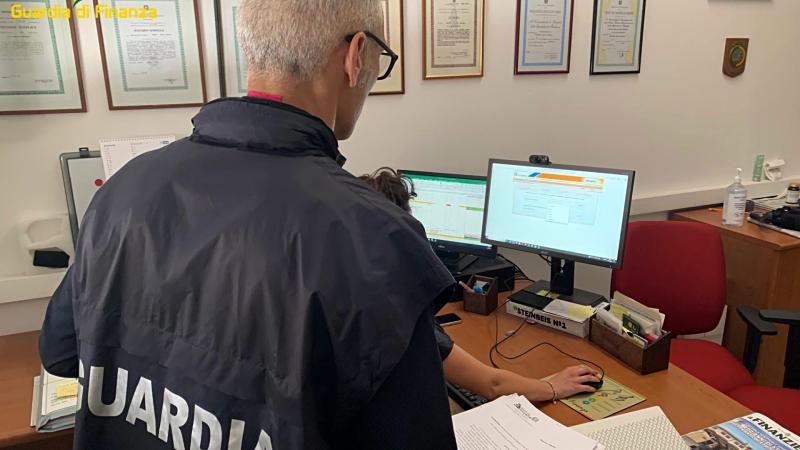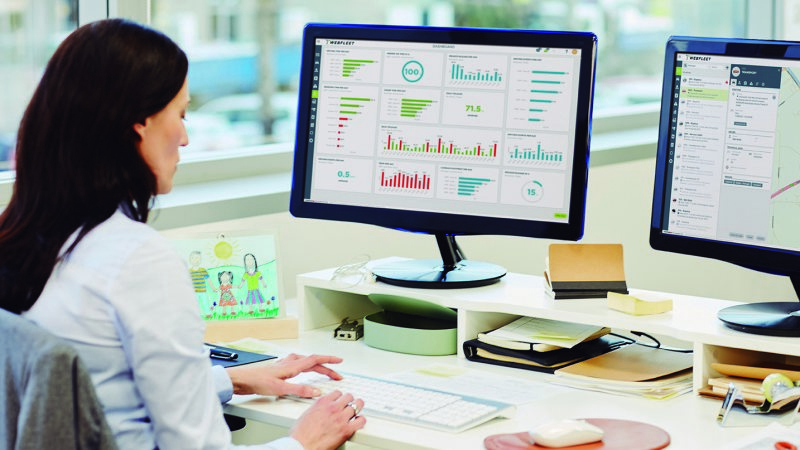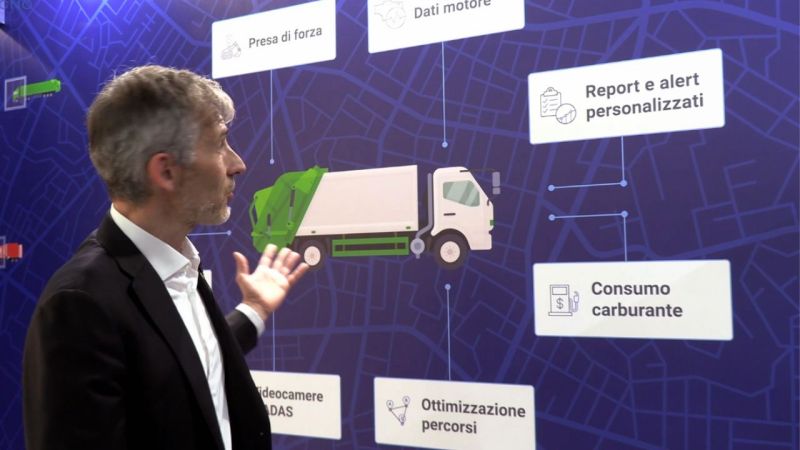The overhaul and enhancement of the railway connecting Germany to the Dutch Betuweroute—focused on freight traffic—have commenced under dire circumstances. The works, which target the railway section between Oberhausen and Arnhem (known in German as the Hollandstrecke, or "Dutch line"), are scheduled to span 80 weeks of non-continuous closures starting on 1 November 2024. However, the launch has been fraught with difficulties, including missed reopening deadlines and an emergency halt to repair a recently installed rail, which may have failed at a weld.
To compound these initial challenges, a total shutdown of nearly 24 hours occurred due to a technical fault at the Kaldenkirchen traffic control centre near the Dutch border at Venlo. During the closure, freight trains were stranded or held at departure yards. With the works still ongoing, few are optimistic that the early hiccups were isolated incidents, and many fear further disruptions ahead.
The upgrade of the Emmerich-Oberhausen line involves the installation of 46 kilometres of new additional tracks, the replacement of 22 kilometres of existing tracks, and the construction of a third track (and four tracks in certain sections). The project also includes the construction of 47 overpasses and the closure of 55 level crossings, which will be replaced by 38 new structures. Additionally, new sidings will be introduced to accommodate 750-metre-long freight trains in line with European standards.
The Rhine's left-bank railway has fared no better, experiencing disruptions due to industrial action, particularly among traffic control staff. The unexpected stoppage has hit intermodal freight trains the hardest, with road transport connections completely missed. Once again, RailGood, a pressure group advocating for the shift to rail transport, has criticised Germany's rail infrastructure manager for its poor organisational performance and lack of customer focus.
Operators remain baffled at DB InfraGo’s subpar service delivery, despite a lengthy planning phase. The economic repercussions for clients, railway companies, and freight forwarders are severe. What is most incomprehensible is the apparent lack of awareness and urgency from the network operator. This is particularly troubling given the strategic importance of this corridor, which links the vast port area of Rotterdam with the heart of Germany, intersecting both the North Sea–Rhine–Mediterranean (formerly Rhine-Alps) and North Sea–Black Sea TEN-T corridors.
Piermario Curti Sacchi



